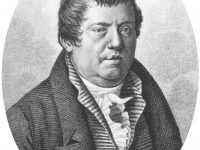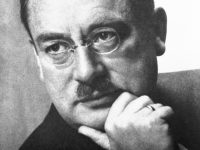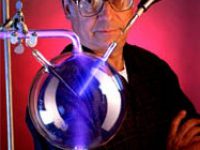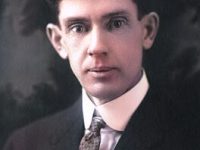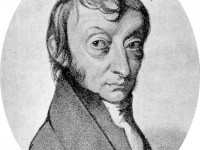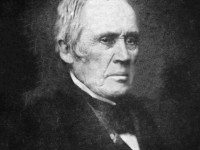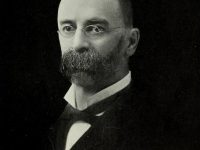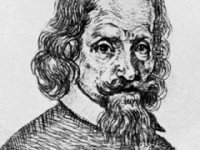John Leslie’s Research in Heat and Capillary Action
On April 10, 1766, Scottish mathematician and physicist Sir John Leslie was born. Leslie is best remembered for his research into heat. He gave the first modern account of capillary action in 1802 and froze water using an air-pump in 1810, the first artificial production of ice. “The true business of the philosopher, though not flattering to his vanity, is merely to ascertain, arrange and condense the facts. “ — Sir John…
Read more

